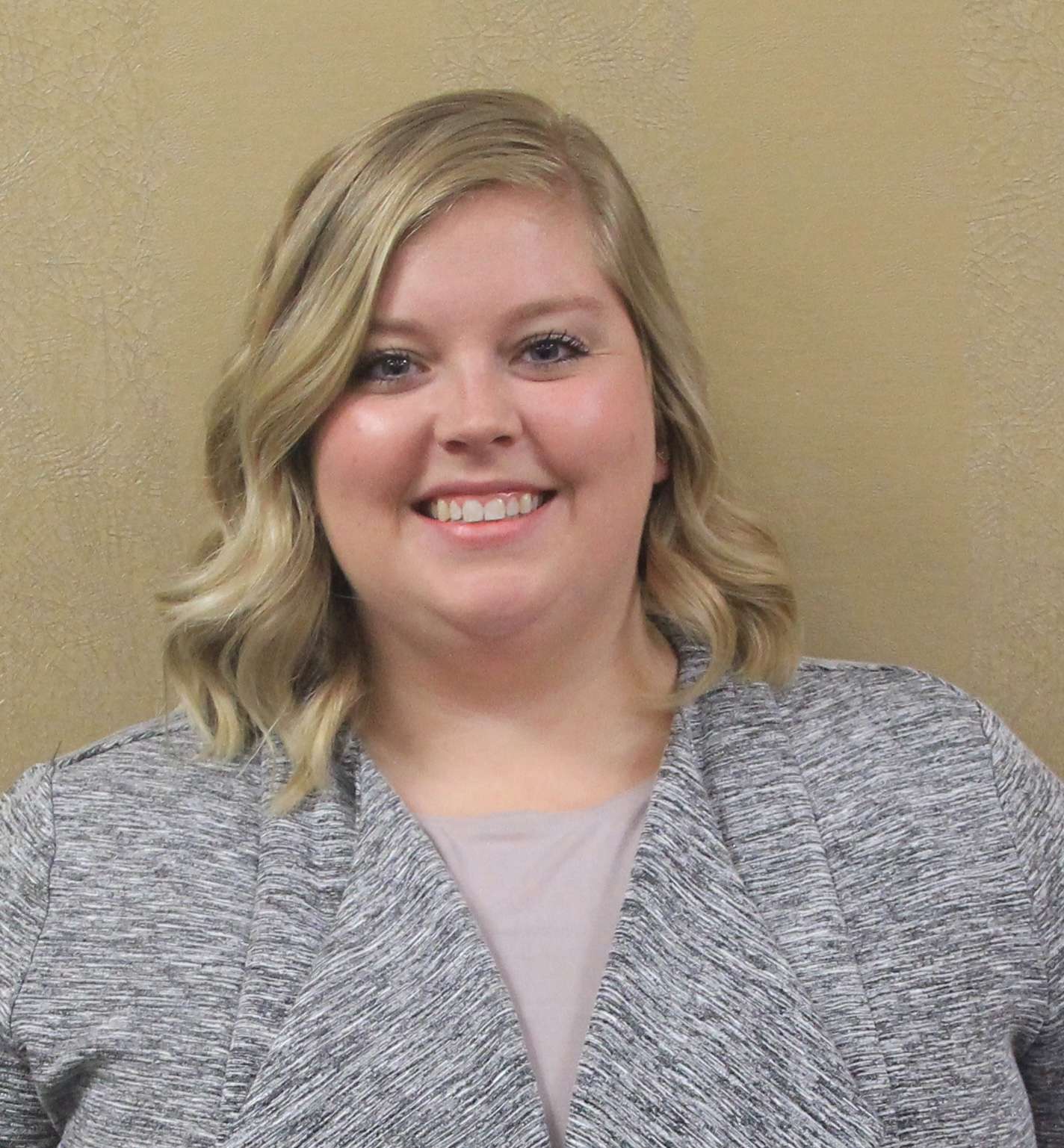
As 2023 comes to a close Kansans are celebrating the end of another year and looking forward to a new beginning in 2024.
Come January 8th, the state legislature will assemble to embark on its new agenda for the year.
Already, numerous bills and resolutions have been pre-filed for the upcoming session, providing us with a preliminary but incomplete insight into the legislative agenda.
In the House, the chamber will hear pre-filed bills on changing the start of the K-12 school year, amending the definition of “healthcare provider”, allowing direct vehicle sales from manufacturers (such as Tesla), and a proposition to amend Article 9 of the Kansas Constitution concerning counties’ home rule, just to name a few. A full list can be found on the state legislature’s website.
In the Senate, the pre-filed bills were all filed by Senator Holland and focus mostly on fiscal intricacies such as reconfiguring or discontinuing various tax credits. Though one of the bills would prohibit state legislators from accepting any state employment and the lieutenant governor from employment as the head of a state agency.
However, there are many other issues we should expect the legislature to address this session. As always, there will be a big push for Medicaid expansion and marijuana legalization. There inevitably will be some “culture war” bills to restrict access to abortion care and further marginalize gender and sexual minorities. And of course, we can expect lots of disagreement on education funding — both K-12 and higher ed.
Examining the pre-filed bills and the inescapable discussions of these high-profile issues, I find myself compelled to contemplate the fundamental question of the government's role — what it currently is and what it ought to be.
In 1966, political scientist David Elazar wrote his seminal work American Federalism: A View From the States, which focused on state political culture in the United States.
According to Elazar’s framework, Kansas has a moralistic political culture. This means that Kansans view government as a means to better society and promote the general welfare.
States with a moralistic political culture generally advocate for an expanded government role. Such states are inclined to endorse the idea that the government should actively contribute to the public good by allocating resources towards programs aimed at assisting the less fortunate. Moreover, these states perceive it as a responsibility of public officials to champion the
development of new initiatives benefiting marginalized individuals or addressing public policy challenges, even in the absence of significant public demand for such actions.
Even as national polarization has changed the attitudes of Kansas’ Republican majority over the past decade, putting this tradition under tension, the state's moralistic political culture persists. Underscoring the widespread belief that government serves as a vehicle for societal improvement and the advancement of the common welfare.
As legislators embark on the upcoming session, they carry the responsibility of upholding the state’s moralistic tradition. Whether grappling with issues of healthcare, education funding, or constitutional amendments, the overarching theme should be a commitment to the betterment of society, including initiatives that contribute positively to the public good.
But as the year draws to a close and we stand on the cusp of a new chapter, citizens, just as much as legislators, are responsible for steering Kansas toward a future that reflects the collective vision of a state committed to the well-being of all its citizens.
Alexandra Middlewood, PhD is the Department Chair of Political Science at Wichita State University.



